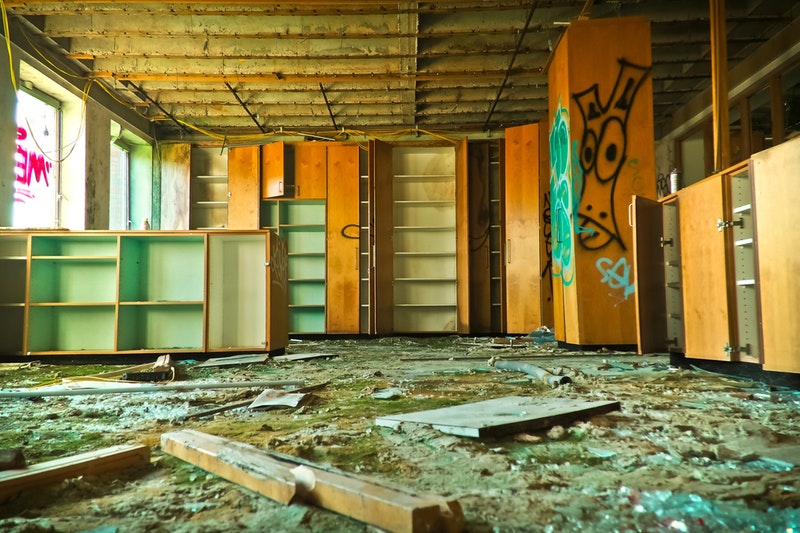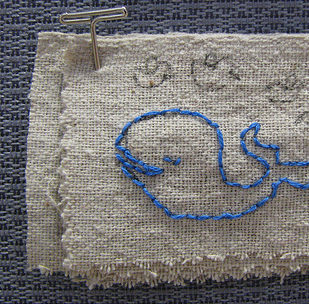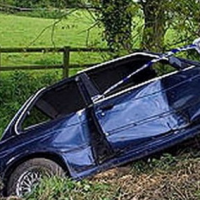I’d Like to Hear Your Stories About Failure
In many of the talks I’ve done, I’ve noticed that one topic comes up over and over: failure.
What’s your biggest failure? Are you afraid to fail? How are people able to recover from failure? Even though I have a daily podcast that tells success stories, I believe we can also learn a lot from failure. And here's the thing: I don’t know if the learning objective is always to “bounce back.” Some failures may be, well, permanent. In any case, I’d like to hear from you. Maybe your failure story will help someone else avoid a similar mishap, or maybe the act of naming it will help you move on. Read More


 You always hear about the people who took a chance that paid off. You always hear the try, try again stories—those case studies of overcoming what seems to be an insurmountable challenge.
You always hear about the people who took a chance that paid off. You always hear the try, try again stories—those case studies of overcoming what seems to be an insurmountable challenge.
 The best and most honest answer is that I wasn’t good at anything else.
For better or worse, I learned that I was a terrible employee. I was unreliable and unskilled.
The best and most honest answer is that I wasn’t good at anything else.
For better or worse, I learned that I was a terrible employee. I was unreliable and unskilled.


